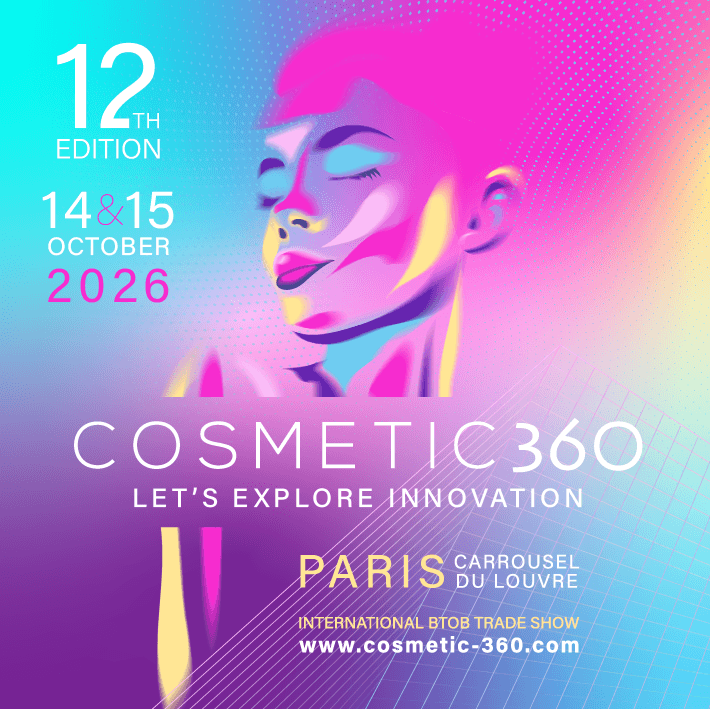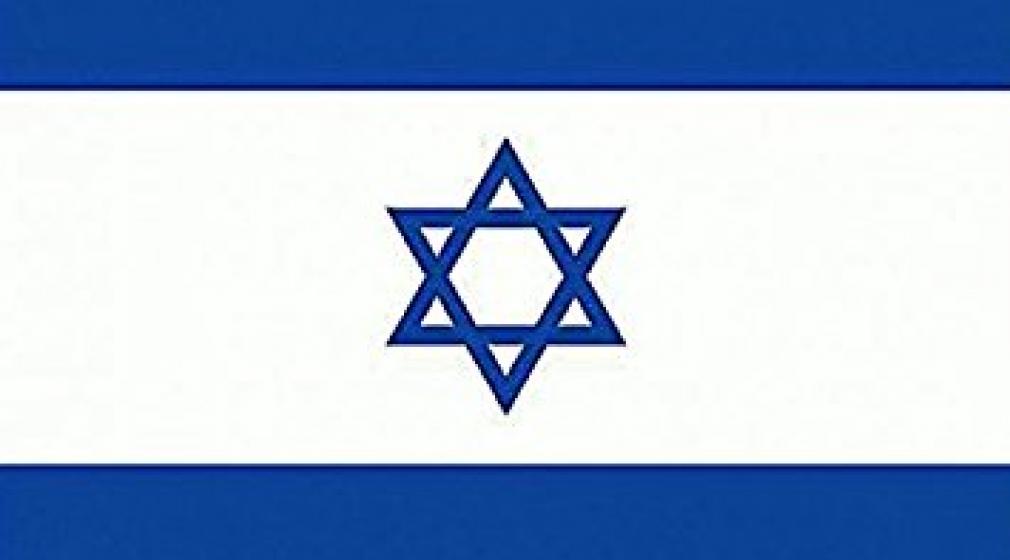


The announcement made in December 2016 of the acquisition by Yves Rocher of the Israeli chain Sabon is another step in the internationalization of Israeli cosmetics which began in the 90s. The Israeli brand known for its artisanal soaps, cut in front of customers has nearly 100 million euros in revenue and has 165 stores around the world, particularly in Japan and the United States.
Israel has 8 million inhabitants with a GNP in 2015 of $35,728 per capita according to the World Bank; the country extends over a territory equivalent to that of one or two French departments. This small country, rich in qualified human resources but with a limited local market and few neighboring countries to which it can export, thinks internationally from the birth of a project, its development or even in the integration of knowledge. to be imported to be then exported.
The same goes for the cosmetics sector. The 90s marked the internationalization of cosmetics in Israel with the establishment of L\'Oréal in 1994; the company buys at the same time as its local distributor a factory located in Galilee in the north of the country. At the time, the factory produced the brand of Dead Sea products, Natural Sea Beauty, which belonged to L'Oréal for nearly 10 years before being sold to a local distributor. Another brand of Dead Sea products, better known to the French public, Ahava, was acquired in April 2016 by the Chinese conglomerate Fissan, in order to develop the brand among Chinese consumers, fond of Dead Sea products. .
In the field of mass distribution, we also note the purchase in 2004 by the Bogart Group of the April perfumery chain, 37 points of sale before expanding to France with 35 points of sale.
Cosmetics has also entered the Israeli high technology and innovation sector, a favorite sector of the Israeli economy and renowned worldwide. All the multinationals such as Unilever, J&J, P&G, L'Oréal are present in one form or another with their 'open innovation'.
It is in this international framework that the Godapt company was born. It combines high technology with cosmetics. Originally, a small studio of graphic designers located in a Kibbutz on the shores of the Mediterranean at the entrance to Tel Aviv; studio collaborating with local distributors of major international cosmetic brands on behalf of which it produces graphic adaptations of international advertising campaigns whether for the press, billboards or points of sale.
Realizing that this work of graphic adaptation on different advertising formats for local media was above all a technical task, tedious, and which can sometimes lead to errors, the idea came to the founders to translate into \'machine language\ ' the graphic charter of the brands, transforming it from then on and after several years of development, into software placed on an internet platform accessible by all: head office, subsidiaries and distributors of cosmetic products.
Godapt by integrating the visual charter of a brand on its internet platform, makes it possible to decline an international advertising campaign in different local media formats and therefore to respect the visual charter of the brand, reduce the costs of local adaptation of a campaign, to eliminate errors that may occur during the current long process of a voucher for the approval of a campaign adaptation on a local media support. The software is intuitive, it can be used by all distributors/subsidiaries of international brands.
Here is a good example of successful interaction between major brands, a local company and the desire for the international development of know-how and expertise acquired by rubbing shoulders, among other things, with the heavyweights of the French cosmetics industry.
Phone: +972 50-7467677